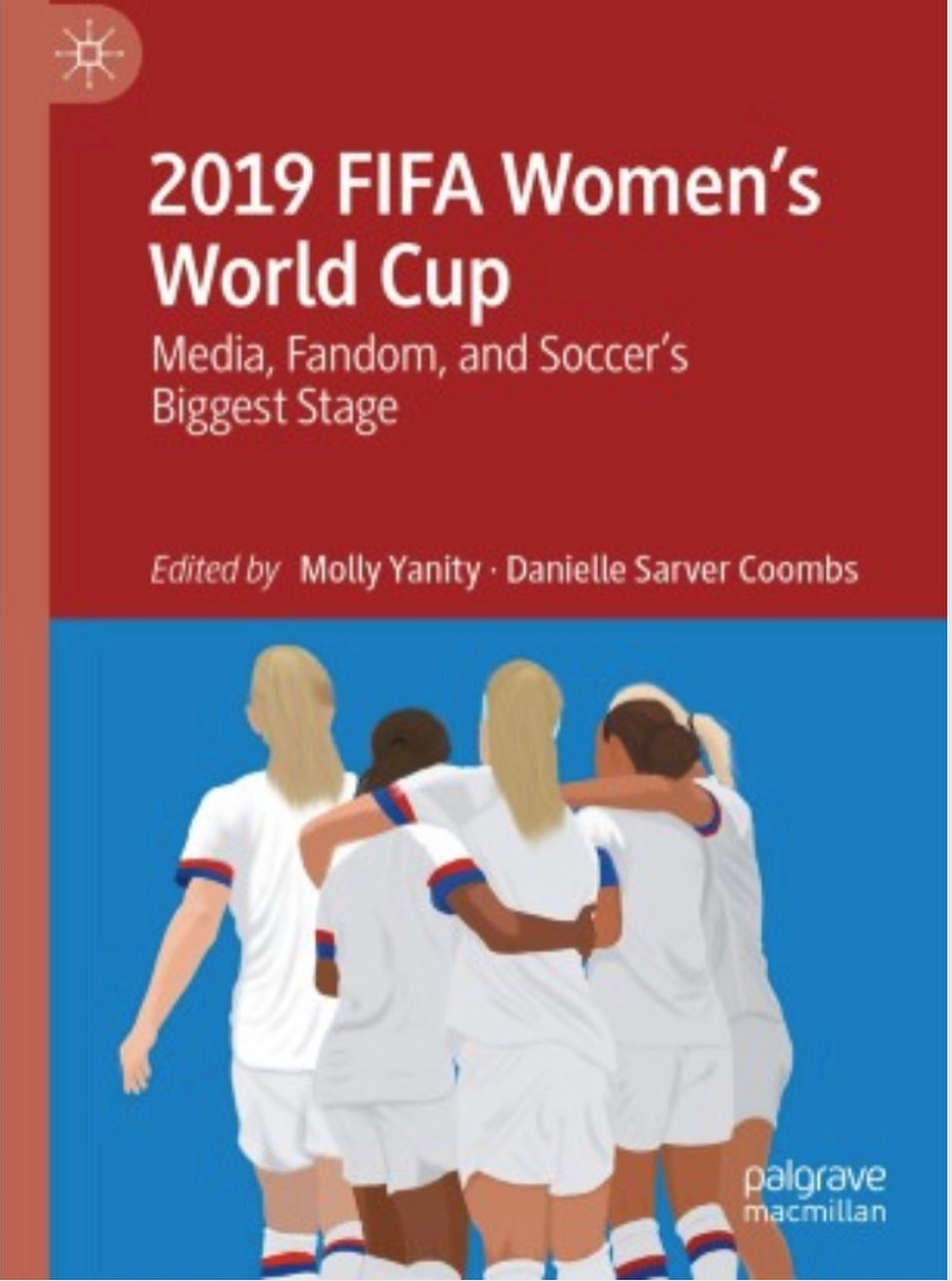|
WEEK 1: Short & sweet vignettes | WEEK 2: The room where it happens | WEEK 3: Pictures are worth a thousand words, but need your help
Pardon the "Hamilton" reference, but I'm mildly obsessed with Lin-Manuel Miranda's all-everything musical. In it, Aaron Burr sings about having the power that comes with being "in the room" where deals are made. As a writer, part of your power is, plain and simply, having access to the room. You get to see, hear, smell and experience things your audience doesn't. Thus, one of your greatest tools is just being there -- then, describing the details, the sensory effects, putting the rest of us in the room where it happened. Of course, with great power comes great responsibility. This means you need to lose the platitudes -- don't "moralize" or "try show off," as Kevin Van Valkenburg wrote in his original syllabus. And, while no journalist is truly objective, you carry the burden of describing the scene to an audience that may see it differently than you. Kevin selected a simple, direct account of a witness to a state execution. In 2005, Baltimore Sun reporter Jennifer McMenamin watched convicted murderer Wesley Eugene Baker die by lethal injection. Her straight-forward account of what happened, as well as her efficient style, is worth reading and emulating. STILL LOOKING FOR MORE?: Sometimes you have to describe the scene even when you weren't in the room where it happened. These Denver Post reporters pieced together what happened on a 2012 night in a movie theater in Aurora, Colorado. * "What first seemed part of the show, turns to horrific, chaotic scene" by Kevin Simpson and Michael Booth How'd they do it? By looking at the scene after the fact, interviewing people involved and using public documents. What is #QUreads? Each Monday, I will tweet a link to a blog post that will include a selected reading and an explanation of why you should read and study it. You can find it using the hashtag any time. My prediction is that, if you read and study these stories, you will be a better writer by the end of the summer. Granted, if you practice in a journal, read consistently, take note of style and think about what might the writer's decision-making process be, you will improve greatly. I'm just here to help the process along for you. Feel free to use the Comments section here or on Twitter to discuss the articles and writing techniques, to ask questions, or offer links to other great stories.
0 Comments
Leave a Reply. |
2019 FIFA Women's World Cup: Media, Fandom, and Soccer's Biggest Stage is available online and in hardback from Palgrave Macmillan.
Molly Yanity, Ph.D.
|


